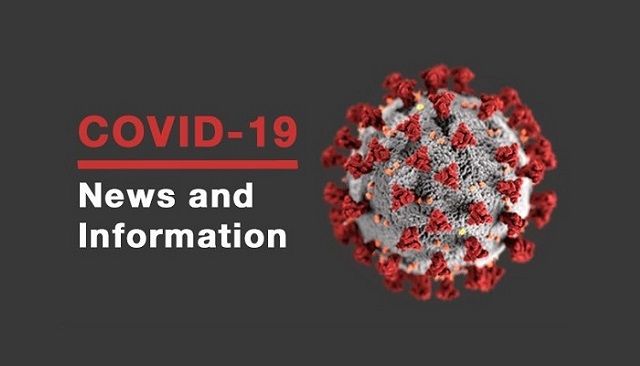Social capital, civic engagement, and self-rated health in Ghana
population health
27
Issue: 2
(10 - 2013)
This study uses data from southern Ghana to examine whether higher stocks of social capital
through participation in civic groups matter for self-rated health. Drawing on social capital, the
influence of social support, informal social control, direct participation in and reproductive health
discussions within voluntary associations on self-rated health and reporting illnesses in the last six
months prior to the survey are investigated. The findings show that social support and encourage-
ment to use family planning significantly predict self-rated better health while informal social con-
trol and direct participation does not. Also, it is detected that while social control is associated with
the likelihood of reporting illnesses within the last six months; direct participation in voluntary
groups has the opposite effect. Lastly, women had lower predicted probabilities of self-rated better
health and higher probabilities of reporting illnesses in the last six months than men. The findings
are discussed in the context of the nuanced role of social capital on health and their implications for
health promotion programs in resource constrained settings.
Keywords: Social capital, community organizations, voluntary associations, self-rated health, sub-
Saharan Africa
Résume
Cette étude utilise des données du sud du Ghana a examiner si 'augumentation du capital social
grace a la participation de groupes importent pour I'état de santé autoévalué. Empruntant du capi-
tal social, l'influence de l'appui social, du contréle social informel, de la participation directe a Ia
reproduction et des discussions de la santé des associations bénévoles de ['état de santé autoévalué
et les rapports des maladies au cours des six dernieres mois précédent le sondage, font l'objet d'une
enquéte. Les résultats montrent que le soutien social et l'encouragement G utiliser Ia planification
familiale sensiblement prédire mieux |'autoévaluation de la santé, tandis que le contrdle social
informe! et Ia participation directe ne fonctionne pas. En outre, il est détecté alors que le contréle
social est associé a la probabilitéé de déclarer des maladies au cours des six derniers mois; la partic-
ipation directe aux groupes bénévoles a I'effet inverse. Enfin, les femmes avaient prédit mieux les
probabilités inférieures de l'autoévaluation de la santé et les probabilités plus élévées des rapports
des maladies dans le dernier six mois que les hommes. Les conclusions sont examinées dans le con-
texte du réle nuancé du capital social a la santé et leurs implications en matiére de promotion de Ia
santé dans un contexte des resources limitées.
Mots Cle: Capital Social, les organismes communautaires, les associations de bénévoles,
l'autoévaluation de la santé, l'Afrique subsaharienne.
0


